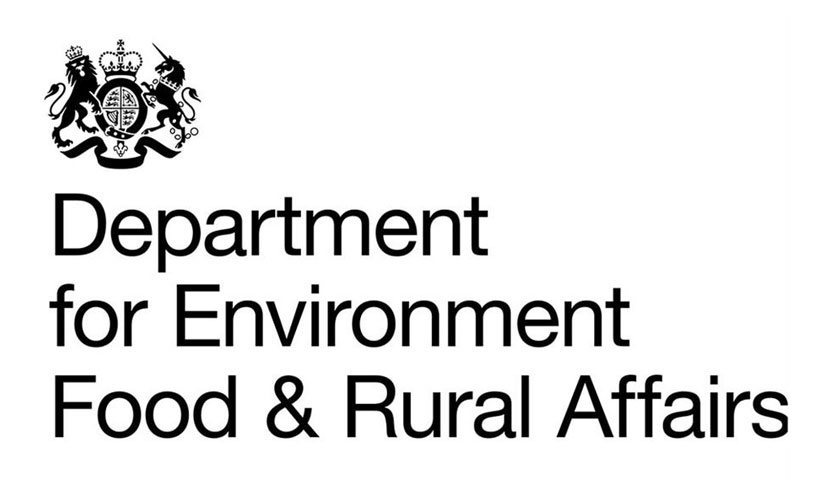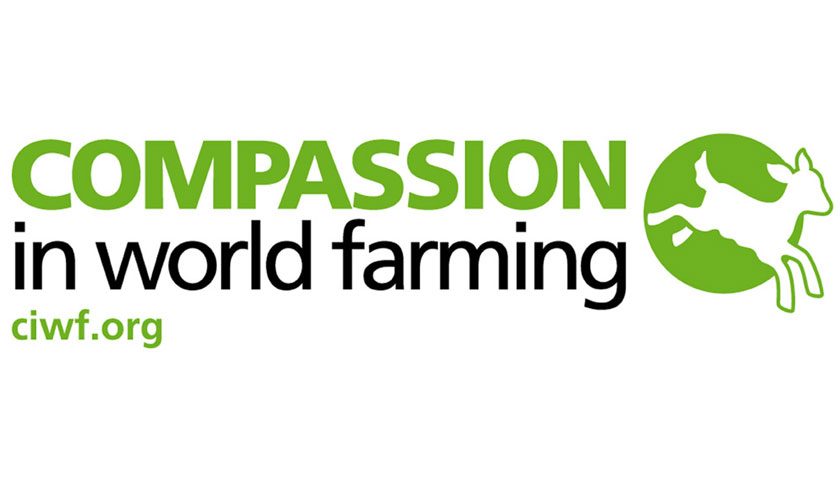Thousands of hectares of peatlands – from the Great North Bog to the Norfolk Broads – are set to be restored with twelve new projects awarded funding to help tackle climate change and recover biodiversity.
The Government is investing over £50 million in peat restoration, building on its pledge to restore approximately 35,000 hectares of peatland in England by the end of this Parliament, and leave the environment in a better state for future generations.
Peatlands are an iconic feature of England’s landscape – often referred to as ‘our national rainforest’. They contain over half of the country’s terrestrial carbon stores and provide a haven for wildlife, as well as supporting better water quality and natural flood management.
However, 87% of England’s peatlands, including lowland peatlands are degraded, damaged and dried out, emitting tonnes of carbon dioxide each year. The funding from government will help restore these environments, in turn helping protect wildlife and restore their critical ability to manage water quality and reduce the risk of flooding.
The projects being awarded funding stretch from Somerset to County Durham and will see iconic peatland habitat, such as the Great North Bog, Dorset Heaths and the Lincolnshire Fens restored.
Environment Minister Rebecca Pow said:
Our peatlands hold over half of our terrestrial store of carbon, but with just 1% in a near natural state and soils drying out we must take urgent action to prevent further carbon from being emitted into the atmosphere.
Backed by over £16 million of government funding these new landscape-scale projects will drive collaboration and supercharge peatland restoration across the country to tackle climate change and fight biodiversity loss.
Tony Juniper, Chair of Natural England said:
Peatlands bring multiple benefits for society and the economy. They are huge carbon stores and also massive water filters that enable rivers to run clear. They comprise vital natural flood defences because of how they store water and on top of that support, they support many iconic wildlife species such as the Curlew. Wild peatlands also contribute to public health and wellbeing through providing wonderful opportunities for outdoor recreation.
Restoring peatland landscapes to a healthy ecological state will ensure these benefits are protected, enhanced and handed on to future generations. I’m delighted these grants will bring more peatlands into the Nature Recovery Network that is so important for delivering our ambition for improving the natural environment in England”.
Government has also recently launched the new £2 million Lowland Agricultural Peat Water Discovery Pilot, to be managed by the Environment Agency, which supports government’s Net Zero and sustainable farming ambitions. Many of our lowland peatlands have historically been drained of water to create drier soils suitable for agricultural use and food production.
The Pilot will fund investigations into more sustainable management of lowland agricultural peat, facilitating local collaboration and enabling the creation of costed water management plans for lowland peat areas in England. Successful projects will drive advancements in our understanding of the lowland peat water challenge to transform the way we use water in England’s lowland regions.
Philip Duffy, Chief Executive of the Environment Agency said:
Peat and peat soils are a great national asset, and better management can achieve so much to tackle climate change, boost biodiversity and support sustainable agriculture. Our discovery pilot is the chance for farmers and land managers to understand how changing the water levels in their lowland peat soils could create new opportunities for long-term sustainable agriculture. I urge anyone working with lowland peat who is interested to get in touch and apply.
In June, Government announced a package of measures and investment to reduce carbon emissions across lowland peat and a commitment to take forward action on the 14 recommendations for sustainable peatland management as put forward by Robert Caudwell, Chair of the Lowland Agricultural Peat Task Force.
The measures government is taking will also improve resilience to drought and safeguard productive farming on some of our most valuable agricultural land, supporting our rural economy and food producers.


